The CFIA Collective Agreement of 2014: What You Need to Know
The Canadian Food Inspection Agency (CFIA) is responsible for enforcing food safety laws and regulations in Canada. Part of the agency’s mandate is to ensure that food products are safe for human consumption and meet quality standards.
To carry out this mandate, the CFIA employs thousands of workers across the country. These workers are represented by various unions, including the Public Service Alliance of Canada (PSAC), the Professional Institute of the Public Service of Canada (PIPSC), and the Agriculture Union.
In 2014, the CFIA and its workers’ unions negotiated a new collective agreement. This agreement outlines the terms and conditions of employment for CFIA workers, including their rights, benefits, and responsibilities.
Key Features of the CFIA Collective Agreement
The CFIA Collective Agreement of 2014 is a comprehensive document that covers a wide range of topics related to employment in the agency. Some of the key features of the agreement include:
1. Pay and Compensation
The agreement outlines the pay scales and rates of compensation for CFIA workers. These rates are set based on the worker’s position, level of responsibility, and years of service.
In addition to regular pay, CFIA workers may be eligible for additional compensation, such as overtime pay, shift premiums, and allowances for travel or relocation.
2. Vacation and Leave
CFIA workers are entitled to various types of leave, including vacation, sick leave, maternity and parental leave, and bereavement leave. The agreement outlines the rules and procedures for taking these types of leave.
3. Health and Safety
The CFIA is committed to providing a safe and healthy work environment for its employees. The agreement outlines the agency’s health and safety policies and procedures, including the right to refuse unsafe work.
4. Grievances and Dispute Resolution
If a CFIA worker has a dispute with the agency or believes their rights have been violated, they have the right to file a grievance. The agreement outlines the procedures for filing and resolving grievances, including the use of mediation and arbitration.
5. Training and Professional Development
The CFIA is committed to providing its workers with opportunities for training and professional development. The agreement outlines the types of training and development programs available to CFIA workers and the procedures for accessing them.
The CFIA Collective Agreement of 2014 is a comprehensive document that provides important information about the terms and conditions of employment for CFIA workers. If you are a CFIA employee, it’s important to familiarize yourself with the agreement to understand your rights and responsibilities in the workplace.
